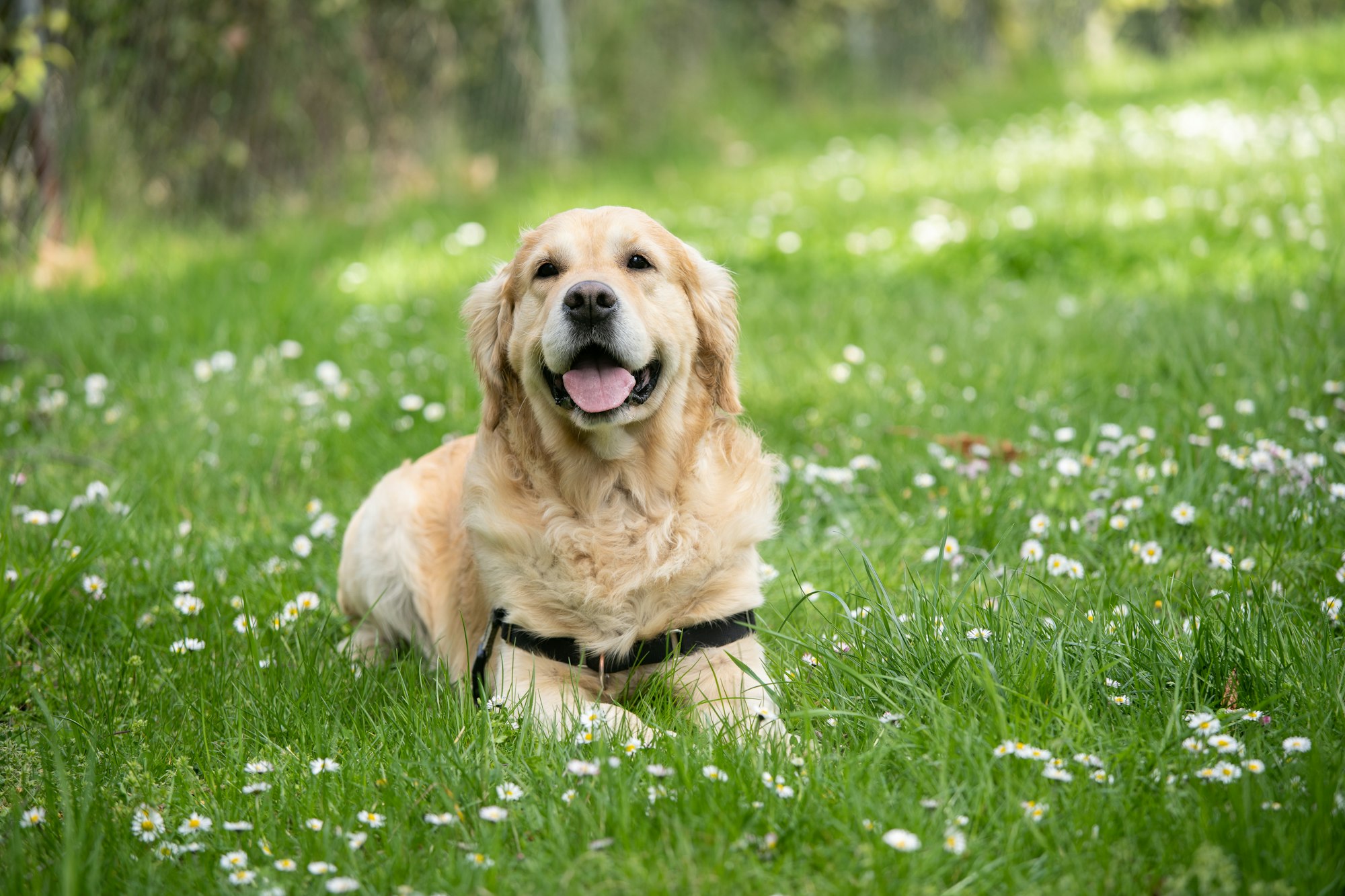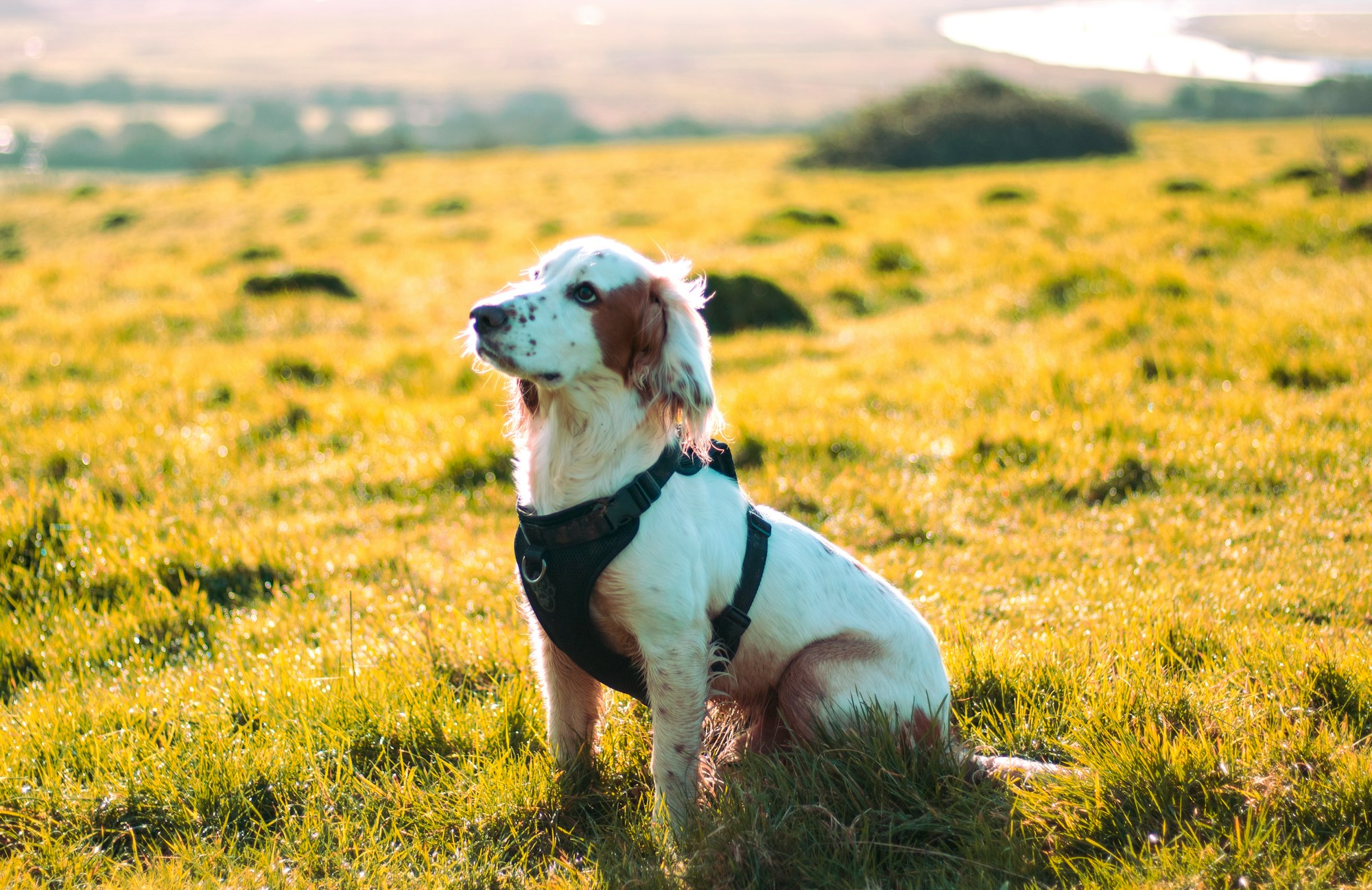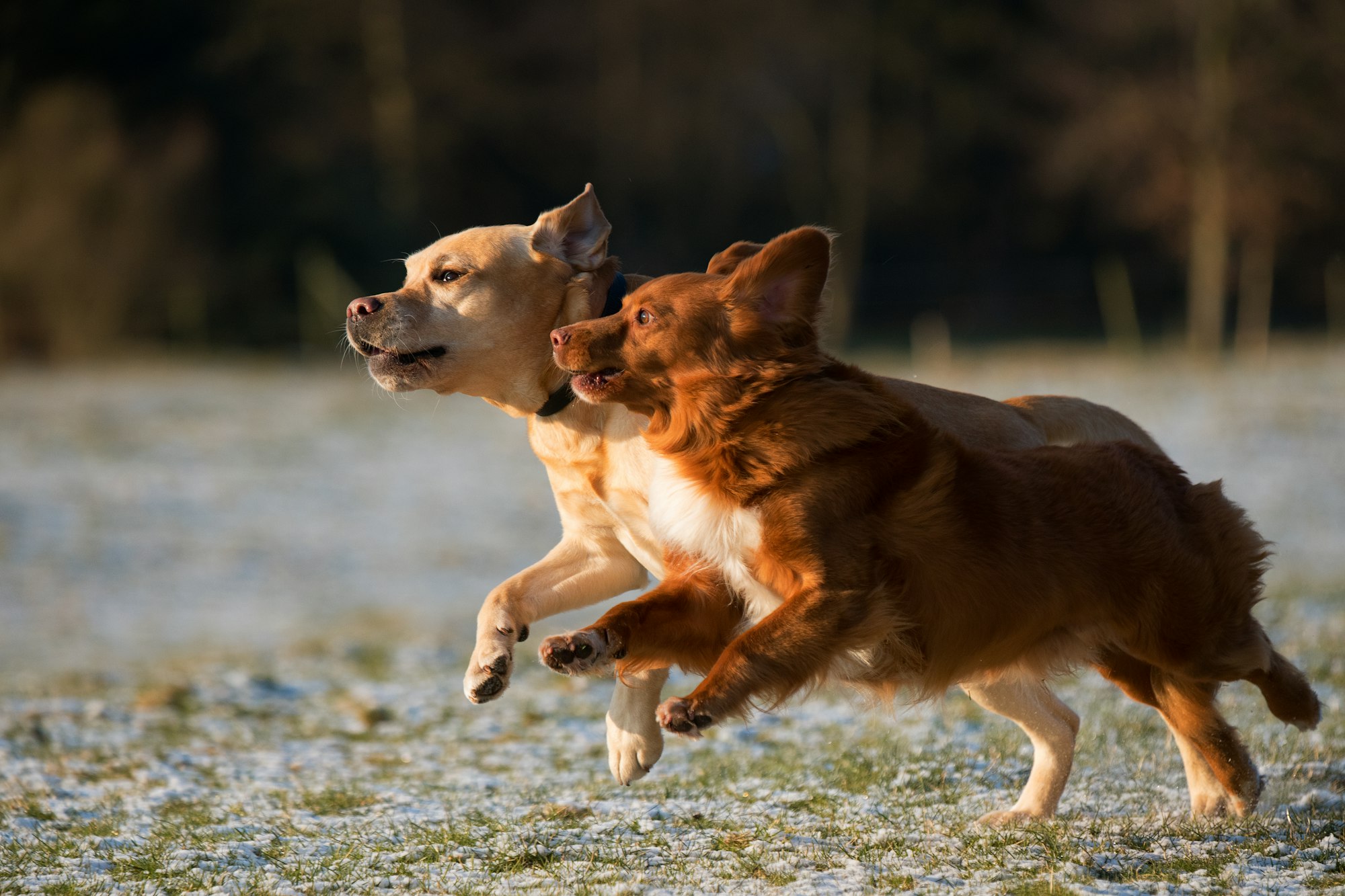Are you an avid hunter looking for a trusty companion to accompany you on your outdoor adventures? Look no further than bird dogs. These remarkable canine breeds have been specifically bred and trained for hunting birds, making them ideal partners for enthusiasts like you. In this article, we will explore the world of bird dogs, discussing their characteristics, popular breeds, and how to choose the perfect bird dog for your hunting needs.
Bird dogs are specialized breeds known for their exceptional hunting skills, specifically in tracking and retrieving birds. These dogs have a long history of being indispensable hunting companions, assisting hunters in locating games, flushing out birds, and retrieving downed prey. Not only are they highly skilled in their tasks, but they also form strong bonds with their human counterparts, making them cherished companions both in the field and at home.
The Characteristics of Bird Dogs
Bird dogs possess several unique characteristics that make them well-suited for their hunting roles. These traits include a keen sense of smell, excellent athleticism, high trainability, and remarkable stamina. Their superior olfactory capabilities allow them to detect scents from considerable distances, enabling them to track down birds with precision. Additionally, their agile bodies and endurance ensure they can keep up with the demands of the hunt, no matter the terrain or weather conditions.

Popular Bird Dog Breeds
There are several popular bird dog breeds renowned for their hunting prowess. Let's explore a few of them:
1. Labrador Retriever
The Labrador Retriever is a versatile and highly popular breed, known for its exceptional retrieving abilities. With their friendly temperament and intelligence, Labradors are not only excellent hunters but also make wonderful family pets.
2. German Shorthaired Pointer
The German Shorthaired Pointer is a breed celebrated for its versatility in hunting various types of game, including birds. These dogs are energetic, intelligent, and highly trainable, making them a favorite choice among many hunters.
3. English Springer Spaniel
The English Springer Spaniel is a medium-sized breed that excels in flushing out birds from their hiding places. With their keen sense of smell and agility, these dogs are ideal for hunting in dense covered, and wooded areas.
4. Brittany Spaniel
The Brittany Spaniel is a compact and athletic breed known for its exceptional pointing and retrieving abilities. These dogs are highly energetic, making them a perfect match for hunters who prefer an active and enthusiastic companion.
5. Vizsla
The Vizsla is a versatile hunting dog known for its exceptional speed, endurance, and determination. With their keen sense of smell and innate pointing ability, Vizslas excel in upland bird hunting. They are also known for their affectionate and gentle nature, making them great companions for families.
6. English Setter
The English Setter is a regal and elegant bird dog known for its striking coat and exceptional hunting abilities. With their keen nose, they excel in locating and flushing out game birds. English Setters are highly intelligent and possess a gentle nature, making them great companions for hunters and families alike.
7. Weimaraner
The Weimaraner is a breed renowned for its grace, speed, and endurance. These dogs have an excellent sense of smell and are highly skilled in tracking and retrieving games. Weimaraners are versatile hunters suitable for various types of games, and they form strong bonds with their owners, making them loyal companions.
8. Golden Retriever
The Golden Retriever is a popular breed celebrated for its intelligence, versatility, and friendly demeanor. Although commonly associated with retrieving waterfowl, Golden Retrievers are also skilled in upland bird hunting. Their loyal and gentle nature, combined with their hunting prowess, makes them exceptional family companions. Click to know how much do they shed.
9. Irish Setter
The Irish Setter is a charismatic and energetic breed with a rich chestnut-red coat. These dogs possess excellent scenting and tracking abilities, making them proficient in locating and flushing game birds. Irish Setters are known for their friendly and playful nature, making them beloved companions for active individuals and families.
10. Boykin Spaniel

The Boykin Spaniel is a small to medium-sized breed originating from South Carolina. These dogs are highly skilled in flushing and retrieving game birds, particularly in swampy and marshy environments. Boykin Spaniels are known for their agility, trainability, and ability to adapt to various hunting conditions.
11. Chesapeake Bay Retriever
The Chesapeake Bay Retriever is a sturdy and powerful breed built for waterfowl hunting in harsh conditions. With their waterproof coat and webbed feet, they can retrieve game from icy waters with ease. Chesapeake is known for their determination, loyalty, and versatility, making them excellent partners for dedicated hunters.
12. Hungarian Vizsla
The Hungarian Wirehaired Vizsla is a robust and versatile breed with a distinctive wirehaired coat. They are skilled hunters with excellent scenting and pointing abilities. Hungarian Wirehaired Vizslas are known for their loyalty, intelligence, and endurance, making them ideal companions for avid hunters.
13. Pointer
The Pointer is a breed recognized for its sleek and athletic appearance. With their natural instinct for pointing game birds and remarkable speed, they are exceptional companions for upland bird hunting.
14. Nova Scotia Duck Tolling Retriever
The Nova Scotia Duck Tolling Retriever, or Toller, is a medium-sized breed originating from Canada. With their playful and enthusiastic nature, Tollers excel in retrieving waterfowl and are also proficient in upland hunting.
15. Cocker Spaniel
The Cocker Spaniel is a small and versatile breed known for its gentle disposition and intelligence. With their excellent scenting ability and enthusiasm, they make reliable upland bird dogs
Training and Hunting Skills

Training is crucial to mold a bird dog into a skilled hunting companion. Here are some key aspects of bird-dog training:
Basic Obedience Training
Establishing a foundation of basic obedience commands such as sit, stay, and recall is essential for effective communication and control in the field.
2. Introduction to Hunting Skills
Introduce the dog to the sights, sounds, and scents associated with hunting. Familiarize them with decoys, gunshots, and the natural habitat of game birds.
3. Retrieving Training
Teach the dog proper positive reinforcement techniques, including delivering birds to hand and being steady to shot. This skill is vital for successful hunts and ensuring the safety of the retrieved game.
4. Field Training
Take the dog to the field and simulate hunting scenarios. Work on commands specific to hunting, such as quartering, flushing, pointing, and remaining steady on the game.
5. Advanced Training Techniques
Advanced training focuses on refining skills and enhancing the dog's abilities. This includes advanced retrieving drills, blind retrieves, honoring other dogs' retrieves, and more complex hunting scenarios.

Choosing the Right Bird Dog
When selecting a bird dog, it's critical to consider various factors to ensure compatibility and success in the field. Here are some key considerations:
Assessing Your Hunting Style and Needs: Different hunting styles require different types of bird dogs. Determine whether you primarily engage in upland hunting, waterfowl hunting, or both, and choose a breed that excels in the desired hunting terrain.
Considering Size and Energy Levels: Bird dogs come in various sizes and energy levels. Consider the size of the game you hunt and your physical abilities to handle a particular breed. Additionally, assess your lifestyle and ensure that the dog's energy level matches your activity level.
Evaluating Temperament and Compatibility: The temperament of a bird dog is crucial, as it affects their trainability, sociability, and overall suitability as a companion. Research different breeds' temperaments and interact with individual dogs to gauge compatibility.
Researching Breed-Specific Traits: Each bird dog breed has unique traits and characteristics that influence their hunting abilities and compatibility with different hunting styles. Familiarize yourself with these traits and ensure they align with your requirements.
Caring for Your Bird Dog
Proper care and maintenance are vital to keeping your bird dog happy, healthy, and ready for the hunt. Consider the following aspects of care:
Exercise and Physical Activity: Bird dogs have high exercise requirements. Engage them in regular physical activities such as walks, runs, and play sessions to keep them physically and mentally stimulated.
Proper Nutrition and Diet: Provide your bird dog with a balanced diet that meets their specific nutritional needs. Consult with a veterinarian to determine the best diet plan for your dog based on factors such as age, activity level, and overall health.
Grooming and Maintenance: Regular grooming, including brushing their coat, trimming their nails, and cleaning their ears, helps maintain their overall health and hygiene. Additionally, be mindful of any breed-specific grooming requirements.
The Benefits of Owning a Bird Dog
Owning a bird dog offers numerous advantages beyond their hunting capabilities. Here are a few benefits:
Companionship and Bonding: Bird dogs are loyal and loving companions, forging deep bonds with their owners. Their presence adds joy and fulfillment to everyday life, both during hunting trips and in the comfort of your home.
Enhanced Hunting Experience: A well-trained bird dog enhances the hunting experience by locating birds, flushing them out, and retrieving the downed game. Their skills contribute to more successful hunts and memorable moments in the field.
Versatility and Adaptability: Bird dogs can adapt to various hunting conditions, terrains, and game types. Their versatility allows them to excel in different hunting styles and environments, providing hunters with a reliable partner regardless of the circumstances.
Bird Dogs in Action
Bird dogs showcase their skills in various hunting scenarios. Let's explore their roles in different hunting situations:
1. Upland Game Hunting
In upland game hunting, bird dogs excel at locating and flushing game birds, such as quail, pheasants, and grouse, from their cover. They work closely with the hunter to provide opportunities for successful shots.
2. Waterfowl Hunting
Waterfowl hunting involves hunting ducks and geese in wetland habitats. Bird dogs with retrieving abilities are invaluable in this setting, as they retrieve downed birds from water or dense vegetation.
3. Versatility in Different Hunting Environments
Many bird dog breeds exhibit versatility in various hunting environments. They adapt to different terrains, climates, and game species, showcasing their adaptability and wide-ranging skills.

Conclusion
Bird dogs are exceptional hunting companions, offering their skills, loyalty, and unwavering dedication to the pursuit of game birds. By understanding their characteristics, researching popular breeds, and considering your specific hunting needs, you can find the perfect bird dog to accompany you on your outdoor adventures. Whether you seek a trusted partner in upland hunting or waterfowl hunting, a well-trained and compatible good family dog will enrich your hunting experiences for years to come.
FAQs
1. Can bird dogs be kept as family pets?
A: Absolutely! Many bird dog breeds make excellent family pets due to their friendly and sociable nature. However, keep in mind that they have high exercise requirements and need ample mental stimulation to thrive.
2. How long does it take to train a bird dog?
A: Training timelines vary depending on the breed, individual dog, and training methods used. On average, it can take several months to a year to train a bird dog to a proficient level.
3. What is the lifespan of a bird dog?
A: The lifespan of a bird dog varies depending on the breed and individual dog. On average, bird dogs live between 10 to 14 years, but with proper care, some can live even longer.
4. Are bird dogs suitable for all types of hunting?
A: Different bird dog breeds have strengths and preferences for specific types of hunting. It's essential to choose a breed that aligns with your preferred hunting style to ensure optimal performance.
5. Can I adopt a bird dog from a shelter?
A: While it's less common to find purebred bird dogs in shelters, it is possible to find mixed-breed dogs with hunting potential. Explore local shelters and rescue organizations to find a bird dog that matches your requirements.
6. Can I train a bird dog without professional help?
A: It is possible to train a bird dog without professional assistance, especially with the availability of resources such as books, online tutorials, and training clubs. However, working with a professional trainer can significantly expedite the training process and ensure proper techniques are used.
7. Which bird dog breed is best for waterfowl hunting?
A: Several breeds excel in waterfowl hunting, including Labrador Retrievers, Chesapeake Bay Retrievers, and Golden Retrievers. These breeds are known for their swimming ability, retrieving skills, and adaptability to wetland environments.






